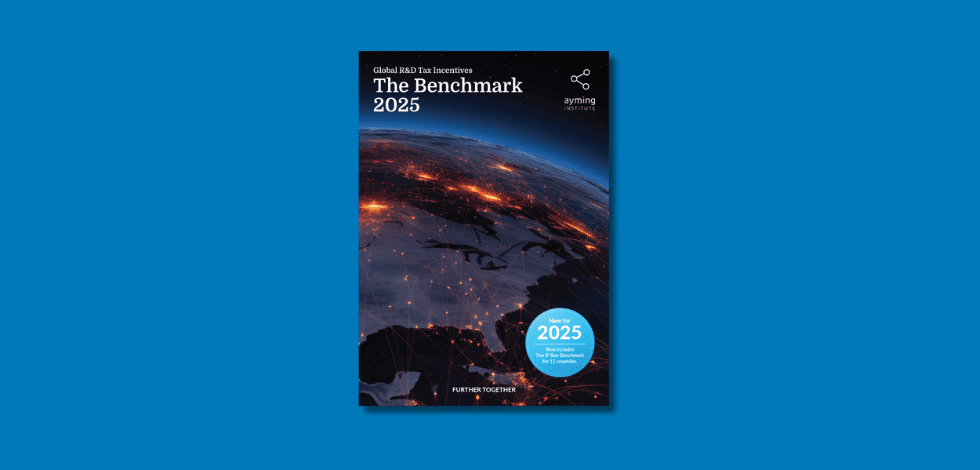UK to launch ‘high risk’ science agency
The UK government has recently announced its plan to launch a new science agency. Dubbed Aria (the Advanced Research & Invention Agency), it will fund ‘high-risk, high-reward’ scientific research.
The Government seems to be taking the right approach to this agency. It will be independent, run by the scientists and has a clear aim to be agile in allocating funding.
The structure of the agency is critical. Funding bodies tend to be bureaucratic and slow, meaning they are usually behind the times. They are run by civil servants who can be disconnected from the field they are financing and, therefore, might not have a full grasp of where the money would be best invested. It’s much better for this to be run by the experts, working closely with businesses to find out the best avenues to explore.
It appears ARIA will be modelled on DARPA, which is good news. DARPA is specifically designed to foster innovation. For example, it limits a programme director’s tenure to 4-6 years to avoid the creation of fiefdoms and bring in fresh ideas. The Government should follow this lead to create a structure and culture suited to the ambitious goals. If run right and ARIA succeeds in being truly agile in funding ground-breaking projects, it could be very effective.
Innovation will be essential to the economic recovery of the UK. It’s good to see the Government recognise this and commit to additional spending in key areas such as research when fiscal tightening is being suggested in some quarters. It’s still a small number though, and I would the encourage the Government to make bolder bets in the upcoming Budget rather than throttling the recovery before it gets started.
Industry calls for reform to ‘outdated’ R&D tax credit regime
A new report commissioned by a number of trade bodies that represent a range of industries is calling for reforms to the current R&D tax credit regime. According to the report, allowing companies to claim R&D tax breaks on capital spending could add £4bn a year to the economy.
I wholeheartedly agree with the conclusions of the report and have been saying similar for years.
Capital R&D is just as good as revenue R&D and the requirements of the R&D regime rely on some outdated rules not strictly meant for application to R&D incentives. The government should seriously look at this reform together with further enhancements to the rates of benefit. If the government wishes to achieve its innovation ambitions it needs to stump up the cash, especially for vital industries mentioned in the article.















No Comments